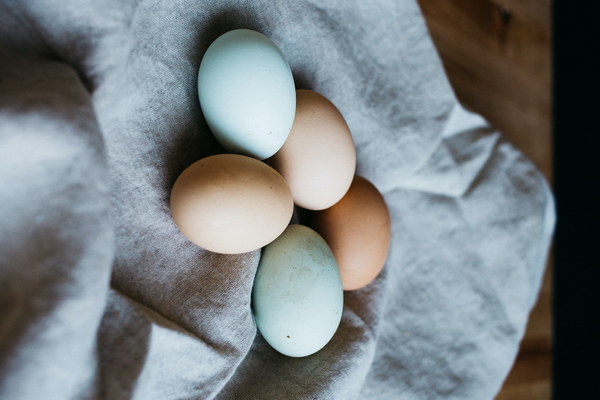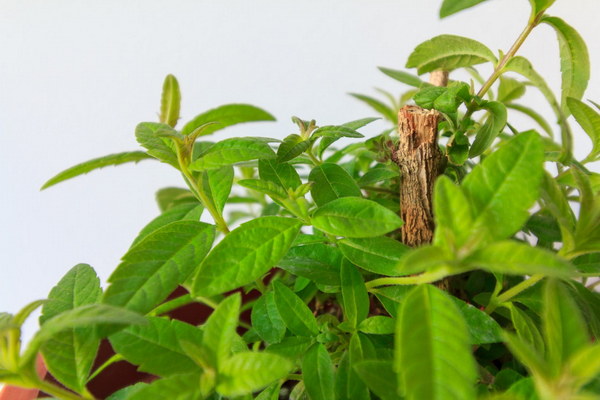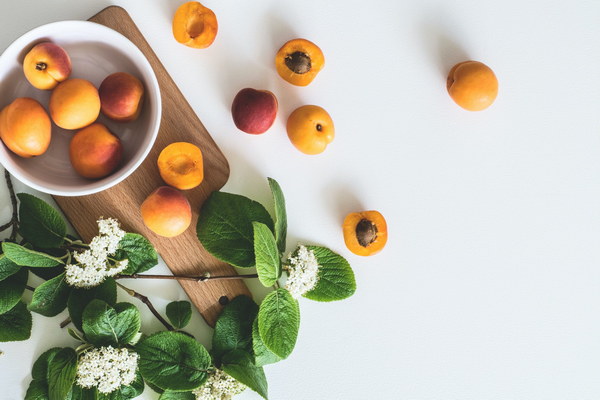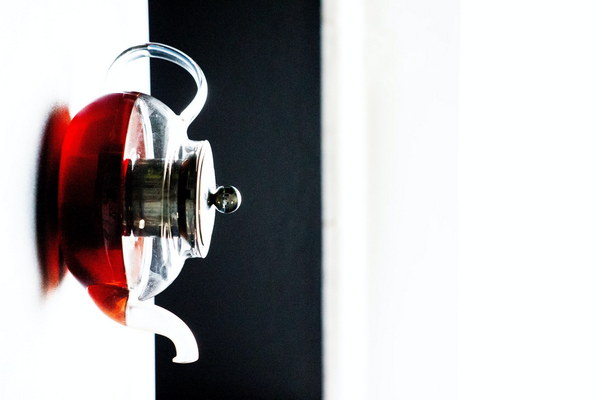Does Tonifying Work for Dampness Exploring the Benefits of Traditional Chinese Medicine
Dampness is a common condition in traditional Chinese medicine (TCM) that can lead to various health issues. It is characterized by symptoms such as fatigue, heavy limbs, bloating, and poor digestion. Many people turn to tonifying methods to alleviate dampness, but does it really work? In this article, we will explore the concept of dampness in TCM and discuss the efficacy of tonifying for this condition.
1. Understanding Dampness in TCM
Dampness, known as Shi in Chinese, is one of the six pathogenic factors in TCM. It refers to an excess of dampness in the body, which can be caused by various factors such as excessive intake of cold and raw foods, living in a damp environment, or emotional stress. When dampness accumulates in the body, it can block the flow of Qi (vital energy) and lead to various health issues.
2. Symptoms of Dampness
The symptoms of dampness can vary from person to person, but some common signs include:
- Tiredness and fatigue
- Heavy limbs and body aches
- Edema or swelling
- Poor digestion and bloating
- Discomfort in the joints
- Excessive mucus production
- Dull, greasy hair and skin
3. Tonifying for Dampness
Tonifying is a key principle in TCM that aims to strengthen the body's defenses and restore balance. When it comes to dampness, tonifying can help by:
- Promoting the flow of Qi and eliminating dampness
- Strengthening the spleen and liver functions, which are responsible for fluid metabolism
- Improving digestion and reducing bloating
- Enhancing overall energy levels
4. Tonifying Methods
There are several tonifying methods used in TCM to address dampness:
- Herbs: TCM practitioners often prescribe herbal formulas containing herbs such as Atractylodes, Poria, and Alisma. These herbs have drying and draining properties that help eliminate dampness.
- Acupuncture: Acupuncture can stimulate the body's natural healing processes and improve the flow of Qi. Points that are commonly used for dampness include SP9, ST36, and GB34.
- Diet: A diet that avoids cold and raw foods and focuses on warm, cooked foods can help alleviate dampness. Foods such as ginger, turmeric, and leeks are known to have drying properties.
- Exercise: Regular exercise, such as tai chi or qigong, can improve the circulation of Qi and help eliminate dampness.

5. Efficacy of Tonifying for Dampness
The efficacy of tonifying for dampness varies from person to person. While some individuals may experience significant relief from their symptoms, others may not see as much improvement. The key is to find a TCM practitioner who can provide a personalized treatment plan based on the individual's specific constitution and symptoms.
In conclusion, tonifying can be an effective method for addressing dampness in TCM. By promoting the flow of Qi, strengthening the spleen and liver functions, and improving digestion, tonifying can help alleviate the symptoms of dampness and restore balance to the body. However, it is important to consult with a qualified TCM practitioner to determine the best treatment plan for your specific condition.









